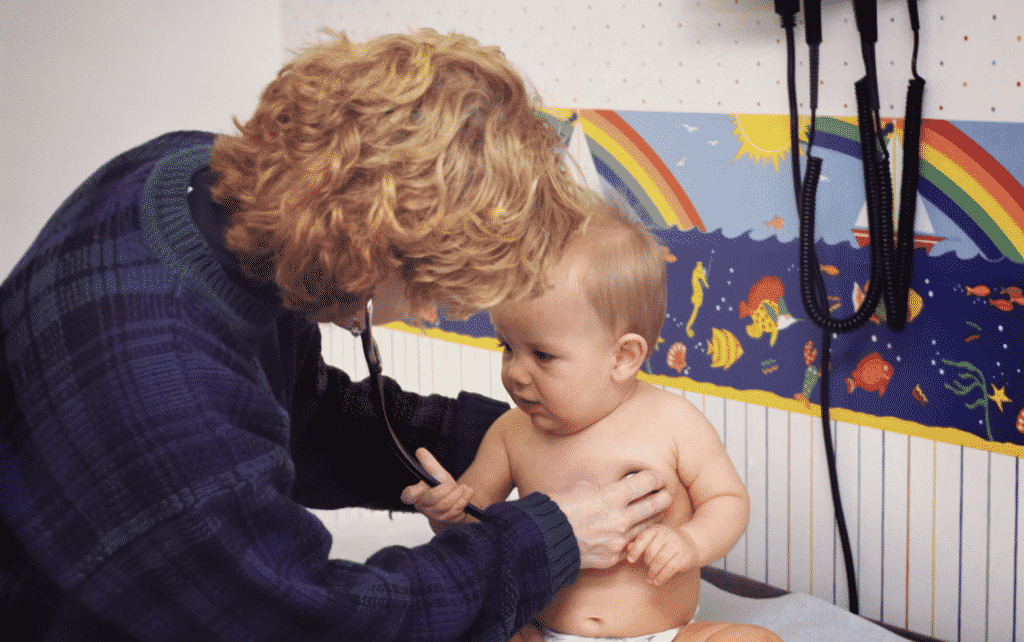Research shows that around 1 in 11 children suffer from asthma. It is still unknown what causes asthma, but common triggers include:
- Dust and pollen
- Allergies to pets Exercising
- Smoke/smoking
- Mould and damp
- Catching a cold or the flu
Asthma affects the lungs and left untreated can cause severe symptoms and even death. Fortunately, asthma can be kept under control with both steroid inhalers and reliver inhalers.
A steroid inhaler is preventative and is usually recommended for everyday use; a reliever inhaler is for instant relief during a coughing episode or asthma attack. You can find further advice about using/purchasing an inhaler on www.internationalpharmacy.com.
Getting a Diagnosis of Asthma for Children
Typically, a child won’t display asthma symptoms until around 5 years old, however there are many exceptions to this. This is why spotting the signs can be crucial in getting a diagnosis for your child.
There are certain precursors that a doctor may ask about, such as food allergies or eczema. These conditions often go hand in hand so if your child suffers from any one of these, the likelihood of them developing one of the others is increased.
If you spot eczema in a young baby or child, speak to your GP about the possibility of food allergies and asthma and they can talk you through options for diagnosis.
Keeping a concise diary of your child’s symptoms, when they occur and how often can help a GP quickly build a picture of whether your child has asthma. But what should you be looking for?
Common Signs of Asthma in Children
Here are some of the most common, early signs of asthma in young children:
A continuous night time cough
Children regularly pick up coughs and colds, however if your child is otherwise healthy but has developed a continuous night time cough, this could be a sign of asthma.
Wheezing
Wheezing is often described as a ‘whistling’ sound when the child is breathing.
Shortness of Breath
Shortness of breath is considered a possible symptom if the child is short of breath when they have not been physically active.
Coughing after/during exercise
Regularly coughing after or during exercise (when the child is not unwell with a cold/virus).
Coughing/breathlessness after laughing/crying
All children can occasionally become breathless and cough after they have been laughing or crying, however if your child consistently coughs after laughing or crying, this could be a sign of asthma.
Fatigue/weakness
Large fits of coughing or regular breathlessness can leave a child tired and weak. You may notice this after a long walk or a burst of activity so it can be difficult to define this as a symptom.
Coughing when the temperature changes
If you child coughs when they step outside into cold weather or when there is a change in temperature, this could be a sign of asthma.
What Should I do if I Think my Child Has Asthma?
The wonder of modern medicine means that the more severe symptoms of asthma can be kept at bay. Make an appointment with your GP and give as much information as possible. Together, you can come up with a care plan which may involve eliminating as many triggers as possible from the home, as well as use of inhalers and antihistamines.
There is no cure for asthma but some children do grow out of it. For those who don’t, establishing and eliminating factors that make the asthma worse can make it much easier to cope with the condition.

